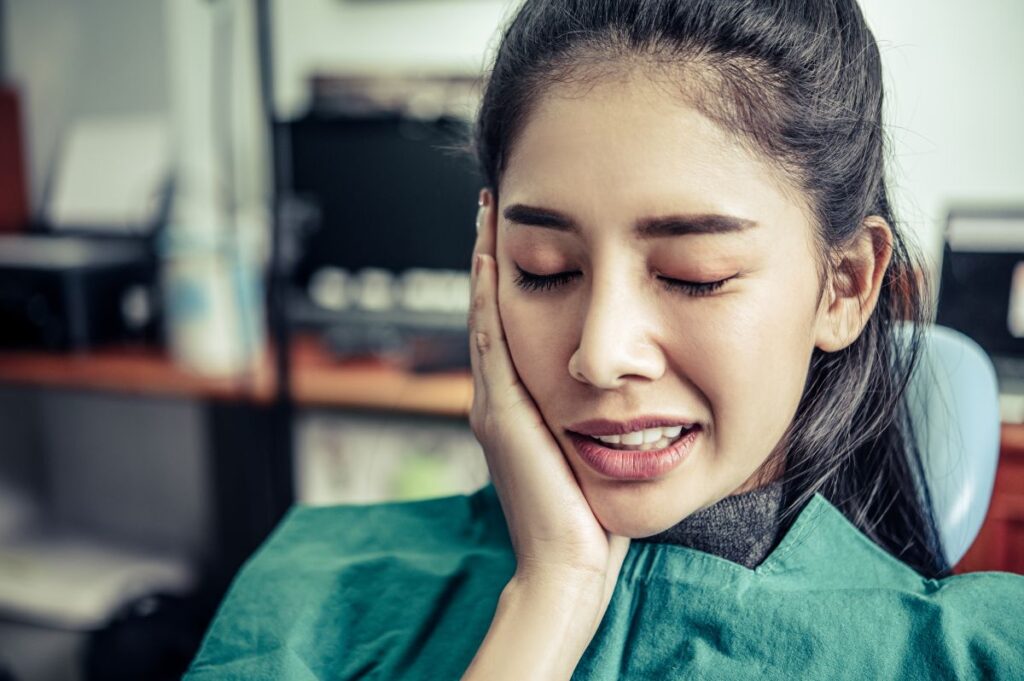If you’re dealing with recurring headaches, facial pain, jaw tension, or pressure around the eyes, you may be wondering what’s really causing your discomfort. Many patients who come to our South Bend/Granger and Fort Wayne offices are surprised to learn that these symptoms are commonly linked to TMJ disorder. TMJ dysfunction can overload the jaw joints, facial muscles, and nearby nerves, leading to chronic pain that mimics migraines, sinus pressure, and neck strain. The good news is that once the source is identified, long lasting relief is possible.
Over 10 million people in the US suffer from TMJ related issues. We don’t just treat symptoms. We find the root cause of the problem and treat the whole person. TMJ disorder affects the jaw joint, causing various symptoms that can disrupt your daily life. We see patients from Fort Wayne, Granger, and nearby areas every week who are searching for answers and relief from these perplexing symptoms. You’re not alone, and we’re here to help you understand if your symptoms could be related to TMJ disorder.
Do you find yourself frequently asking, “why does my jaw hurt?” Pain, tenderness, or aching in your jaw while chewing, yawning, or speaking could indicate issues with your temporomandibular joint. This discomfort might feel dull and constant or sharp and intermittent, suggesting a deeper joint or muscular issue.
Persistent headaches, often described as “TMJ headaches,” can mimic migraines or tension headaches. If over-the-counter remedies provide minimal relief, and you notice pressure behind your eyes or temples, TMJ disorder could be the underlying cause.
Experiencing ear pain, fullness, or pressure without signs of an infection can be confusing. Known as “TMJ ear pain,” this symptom arises because the jaw joint is located directly beside your ear canal, causing discomfort that patients commonly mistake for an ear infection or sinus issue.
Hearing your jaw click or pop, especially on one side, isn’t always serious, but it can signal joint dysfunction. If your jaw regularly “locks” or causes discomfort when you open your mouth wide, this could be a TMJ related problem.
Waking up with jaw pain or facial soreness often aligns with bruxism (teeth grinding) and sleep-related TMJ issues. If your jaw hurts in the morning, or if nighttime grinding is a concern, you may benefit from a thorough TMJ evaluation.

If you’ve searched for answers about “how to cure TMJ permanently,” it’s important to understand there isn’t a one-size-fits-all solution. However, numerous highly effective treatment options exist.
At our practice, we offer personalized, non-surgical approaches designed specifically around your unique symptoms and needs. With the right care, you can achieve significant long-term relief.
We specialize in non-surgical, personalized solutions for TMJ disorders right here in South Bend/Granger and Fort Wayne. Our team works closely with you to uncover the root causes of your symptoms and develop a customized plan for lasting relief.